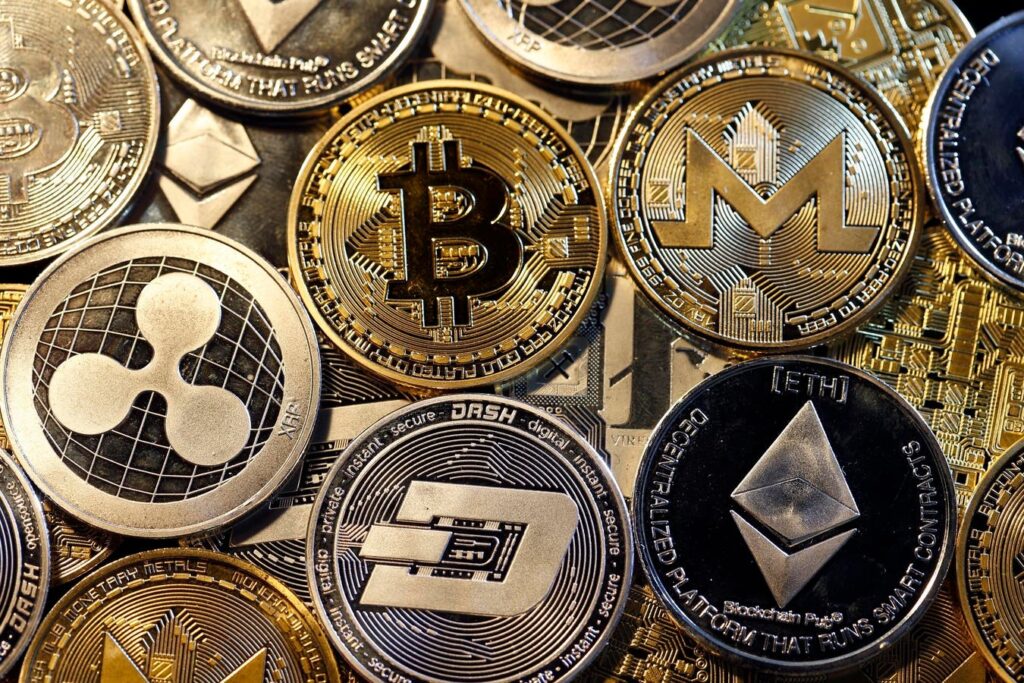As Bitcoin approaches the crucial psychological threshold of $100,000, excitement in the cryptocurrency community is palpable. The recent elections have injected renewed enthusiasm into the crypto sector, benefiting individuals and organizations such as sponsors, miners, and investors who are deeply invested in the decentralized finance (DeFi) landscape. Despite its significant fluctuations—in which it experienced a dramatic fall of nearly 80% in value during 2022—Bitcoin has increasingly been viewed as a viable alternative store of value, akin to gold, rather than a dependable means of exchange. Even after substantial drops, Bitcoin typically rebounds powerfully, suggesting a resilience in its perceived value among enthusiasts.
Despite the optimism surrounding cryptocurrencies, notable financial figures like Charlie Munger and Warren Buffett have voiced unwavering skepticism. Munger has been particularly scathing, comparing cryptocurrencies to mixed refuse, where no matter how you present them, they remain undesirable. He regards investing in Bitcoin as an absurdity, likening it to a form of collective delusion. Buffett, on the other hand, has cautioned that the speculative nature of cryptocurrencies would ultimately lead to disastrous outcomes. Such criticisms raise critical questions about the long-term viability and legitimacy of crypto investments, emphasizing the dichotomy between crypto enthusiasts and traditional investment philosophies.
The primary contention lies not in the actual absence of value in Bitcoin but in the ability to ascertain that value. Bitcoin does not generate cash flow or yield, akin to traditional assets like stocks, bonds, or real estate. It is this lack of intrinsic economic production that makes it resistant to conventional valuation methods such as discounted cash flow (DCF). Consequently, Bitcoin’s future value remains speculative—ranging from $100,000 to $1 million or even $5—and anyone asserting a definitive price prediction may be misleading. The unpredictable valuation raises significant concerns for potential investors, who may be swayed by tales of individuals who became wealthy by buying Bitcoin early.
Proponents of Bitcoin often cite the success stories of early adopters as rationalization for current investments, but this reasoning is flawed. The fortune amassed by some is not indicative of future trends or guarantees for ongoing prosperity. Comparisons to lottery winners or individuals who exit Ponzi schemes at the right moment illustrate that the path to wealth is often fraught with risk. Thus, relying on past successes of others as motivation to invest in Bitcoin can be highly misleading and precarious, as it does not take into account the unpredictable nature of the crypto market.
The perceived value of Bitcoin largely stems from its inherent scarcity, which mirrors traditional precious metal markets. The capping of Bitcoin supply through mechanisms such as “halving” restricts new issuance over time, a factor that enthusiasts assert contributes to its value. Nevertheless, one must question whether this scarcity equates to any form of economic stability, especially considering that the historical returns on gold have not been particularly impressive outside periods of high inflation. The uncertain valuation of gold also reflects the broader ambiguity in determining what Bitcoin “should” be worth, making it even more volatile and speculative than established commodities.
In stark contrast to the unpredictable nature of Bitcoin and cryptocurrencies, companies like Block, Inc. demonstrate how one can achieve exposure to the crypto economy through relatively stable investments. Block owns a significant amount of Bitcoin but remains grounded in its core competency of payment processing. This diversified business model allows Block to operate profitably, independent of Bitcoin’s market performance. Despite potential downturns in cryptocurrency values, the company’s future expected cash flows and intrinsic valuations provide a compelling case for investment, as its stock could be worth significantly more than just its crypto holdings suggest. Accordingly, while Bitcoin remains a high-risk venture fraught with uncertainty, traditional businesses that engage in the crypto sector offer a more prudent investment strategy for those seeking a balanced approach.

